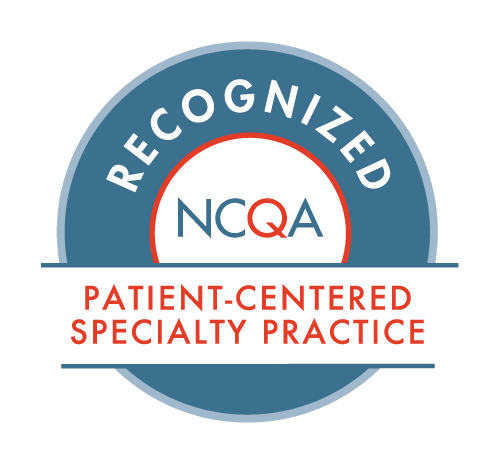Cardiac Ablation: What to Expect Before, During, and After
- Posted on: Mar 27 2023
Cardiac ablation is a treatment for heart rhythm problems called arrhythmias. Knowing what to expect from cardiac ablation can help you make the necessary preparations and relieve concerns about this procedure.
What Is Cardiac Ablation?
Cardiac ablation is a blanket term used to describe many procedures that treat heart arrhythmias. This treatment involves using hot or cold energy to create tiny scars in your heart tissue that can block the irregular electrical signals causing irregular heart rhythms. Scarring in these areas can often restore a normal heartbeat.
Symptoms of Cardiac Ablation
This procedure treats heart arrhythmias, of which there are many types.
Tachycardia is a rapid heart rate in which the resting heart rate is greater than 100 beats a minute. Atrial fibrillation is a common type of tachycardia. Bradycardia is a slow heart rate in which the resting heart rate is less than 60 beats a minute.
Common cardiac ablation symptoms or heart arrhythmia symptoms include:
- Racing heart rate
- Slow heart rate
- Fluttering sensation in the chest
- Chest pain
- Shortness of breath
- Lightheadedness or dizziness
- Anxiety
- Fatigue
- Sweating
- Fainting
In some instances, heart arrhythmias do not cause symptoms. Your provider may notice signs of arrhythmia when examining you for another health condition.
What to Expect Before Treatment
Your provider may instruct you to fast for several hours before cardiac ablation. You may also be asked to discontinue certain medications for several days beforehand. If cardiac ablation is being performed as an outpatient procedure, you should arrange for transportation, as sedation or anesthesia will make it difficult for you to drive.
Cardiac ablation treatment usually takes 4–6 hours to complete, based on the type of arrhythmia.
First, you will be given general anesthesia to make you fall asleep. Then, your provider will insert a small tube called a sheath into a blood vessel in your groin, shoulder, or neck. One or more catheters will then be inserted into the sheath and threaded into your heart using guidance from X-ray.
The catheters will deliver either hot energy (radiofrequency energy) or cold energy (cryoablation) to stop your irregular heart rate. You may experience some minor discomfort when the catheter(s) move into your heart and deliver energy. After the procedure, your provider will remove the catheters and sheath from the blood vessel and take you to a recovery room to closely monitor you for a short period.
What to Expect After Treatment
You may experience some soreness following your procedure, which usually lasts under a week. Your provider may prescribe blood-thinning medications such as aspirin to reduce the risk of blood clots during recovery.
You will also receive detailed instructions on what you can and cannot do following cardiac ablation. Most people can resume their normal activities within a few days after this procedure, though you may need to avoid heavy lifting for one week.
Talk to your provider if you have questions about your recovery from cardiac ablation. Your provider can discuss this procedure in detail and help you feel at ease.
Hunterdon Cardiovascular Associates (HCA) has a dedicated center for treating patients with arrhythmias or who need cardiac ablation. The Center for Atrial Fibrillation and Electrophysiology provides patients with state-of-the-art arrhythmia diagnosis tests and treatments to provide personalized care centered around you. To make an appointment, please contact us today.
Posted in: Cardiac Device/Electrophysiology Clinic



